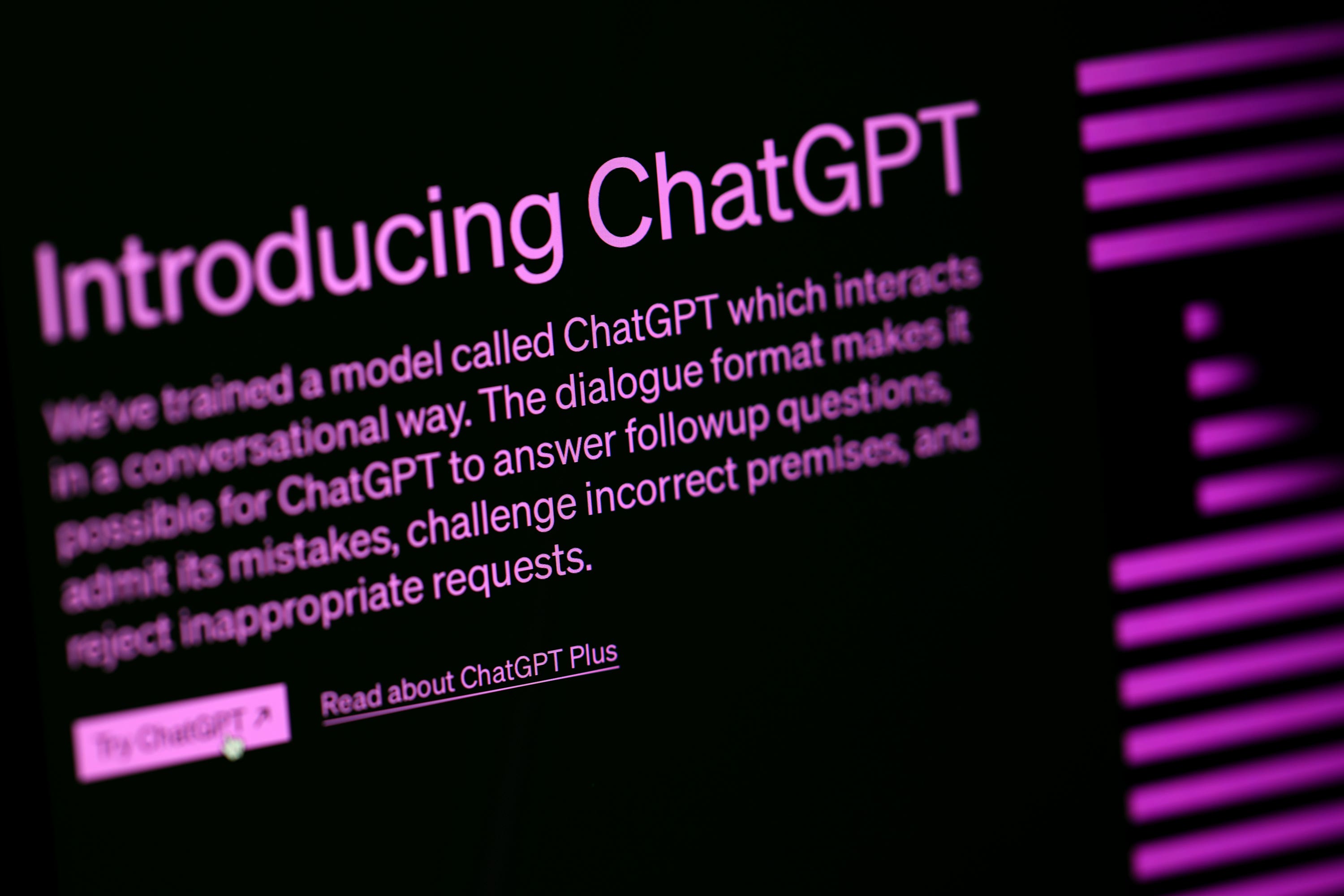OpenAI and Microsoft disrupt state-backed hackers using ChatGPT
The AI firm said hacker groups backed by China, Iran, North Korea and Russia had been found and removed from the chatbot.

Your support helps us to tell the story
From reproductive rights to climate change to Big Tech, The Independent is on the ground when the story is developing. Whether it's investigating the financials of Elon Musk's pro-Trump PAC or producing our latest documentary, 'The A Word', which shines a light on the American women fighting for reproductive rights, we know how important it is to parse out the facts from the messaging.
At such a critical moment in US history, we need reporters on the ground. Your donation allows us to keep sending journalists to speak to both sides of the story.
The Independent is trusted by Americans across the entire political spectrum. And unlike many other quality news outlets, we choose not to lock Americans out of our reporting and analysis with paywalls. We believe quality journalism should be available to everyone, paid for by those who can afford it.
Your support makes all the difference.ChatGPT maker OpenAI says it has disrupted multiple networks of state-backed hackers trying to use the AI chatbot to further their “malicious” activities.
The company said that alongside Microsoft, it had disrupted five groups from China, Iran, North Korea and Russia.
OpenAI said the different state-linked groups had used its AI services to carry out research, translation, find coding errors and run basic coding tasks to support their activities.
The ChatGPT maker said the identified accounts associated with the various groups had been terminated.
“We build AI tools that improve lives and help solve complex challenges, but we know that malicious actors will sometimes try to abuse our tools to harm others, including in furtherance of cyber operations,” OpenAI said.
“Among those malicious actors, state-affiliated groups – which may have access to advanced technology, large financial resources, and skilled personnel – can pose unique risks to the digital ecosystem and human welfare.
“In partnership with Microsoft Threat Intelligence, we have disrupted five state-affiliated actors that sought to use AI services in support of malicious cyber activities.
“The activities of these actors are consistent with previous red team assessments we conducted in partnership with external cybersecurity experts, which found that GPT-4 offers only limited, incremental capabilities for malicious cybersecurity tasks beyond what is already achievable with publicly available, non-AI powered tools.”
During the UK-hosted AI Safety Summit last year, world leaders and tech companies discussed the potential dangers of bad actors using generative AI applications to help assist them in carrying out cyber attacks and other nefarious activities.
The UK’s National Cyber Security Centre (NCSC) has also warned that more amateur and low-skilled hackers were already using generative AI tools to help upskill and create more effective and convincing spam and phishing attacks.
OpenAI noted that several of the groups it has disrupted have been using its services to draft and create content “that could be used in phishing campaigns”.